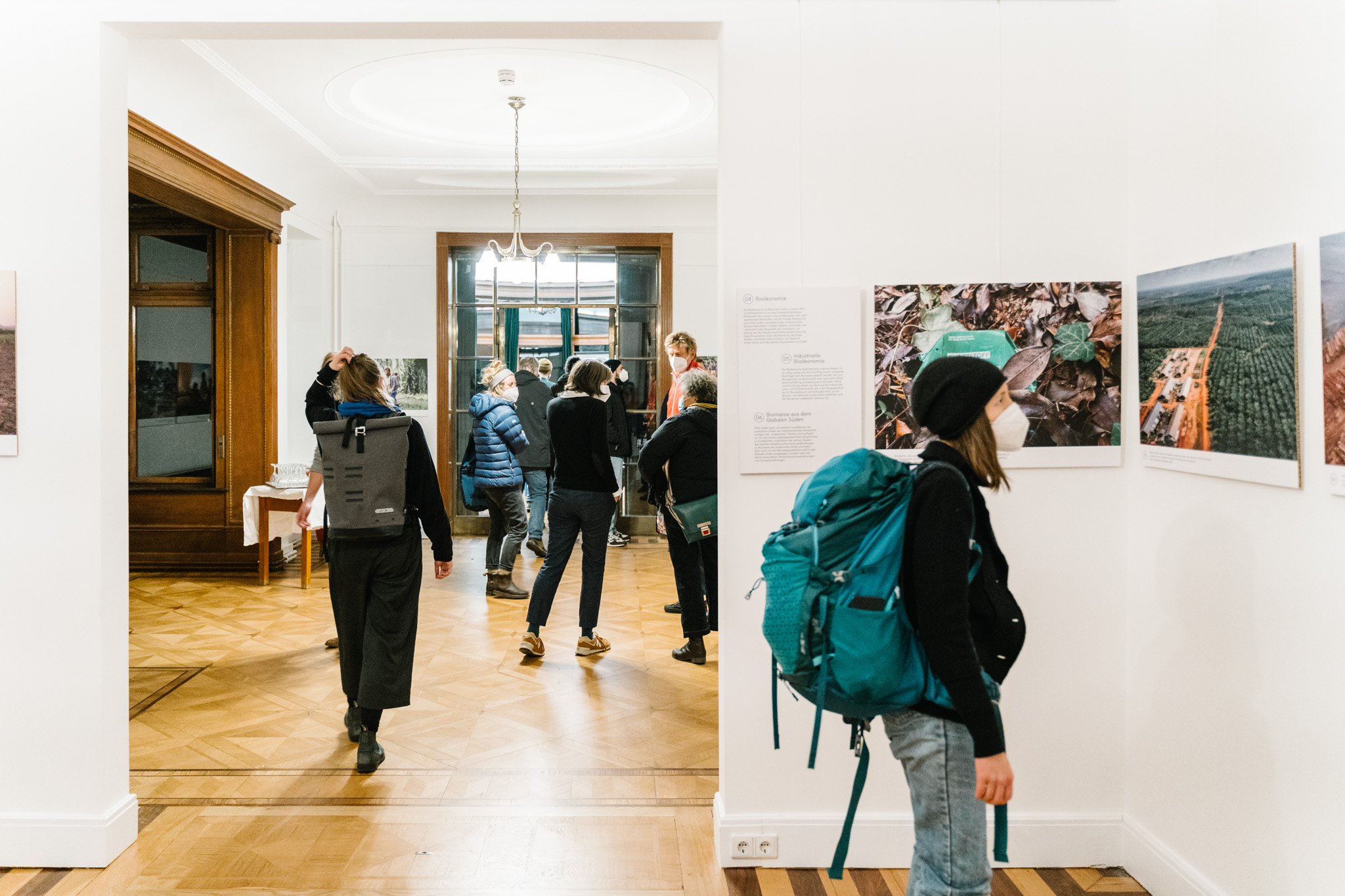70 NGOs call for sustainable and socially just EU bioeconomy strategy
70 NGOs call for sustainable and socially just EU bioeconomy strategy Bremen, Brussels – 12. March 2024 Download the position paper as a PDF here! With the impending revision of the EU Bioeconomy Strategy on the horizon, 70 non-governmental organizations (NGOs) have jointly issued a position paper today, advocating for a bioeconomy that upholds both ecological sustainability and social equity. The undersigned organizations emphasize that the focus of the bioeconomy strategy must fundamentally shift for this purpose. The current waste economy must be stopped. They assert that large-scale biomass imports from the Global South are not a viable solution. Moreover, the NGOs assert that waste and residues alone will not suffice to meet the future economy’s raw material requirements. In addition to these points, the NGOs call for genuine participation of citizens and civil society, urging for tangible resources to support their involvement, not just on paper. The initiative to release this statement was coordinated by the Bioeconomy Action Forum, with active involvement from denkhausbremen, FERN, and ELF, all committed to promoting a responsible bioeconomy. …










